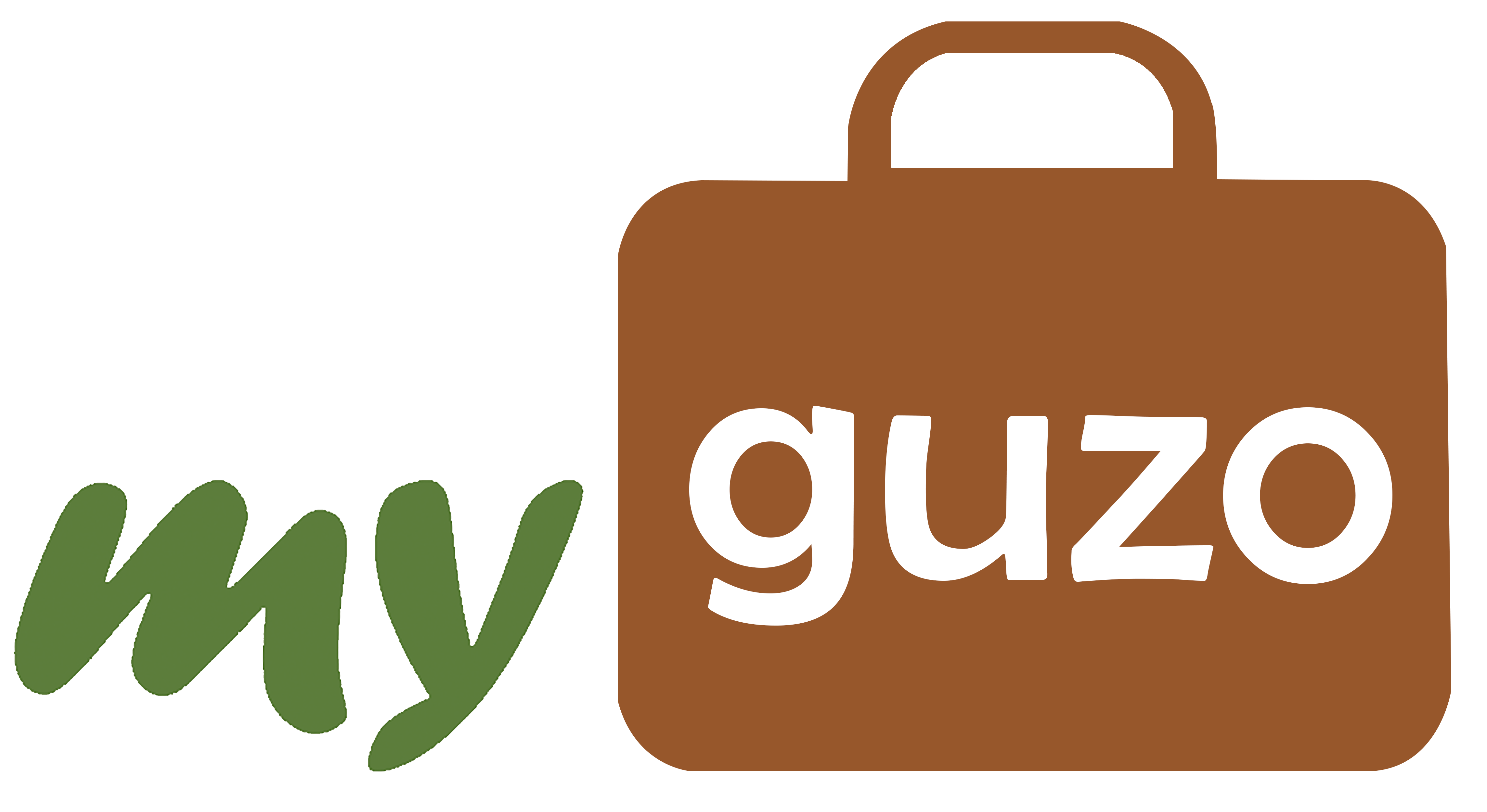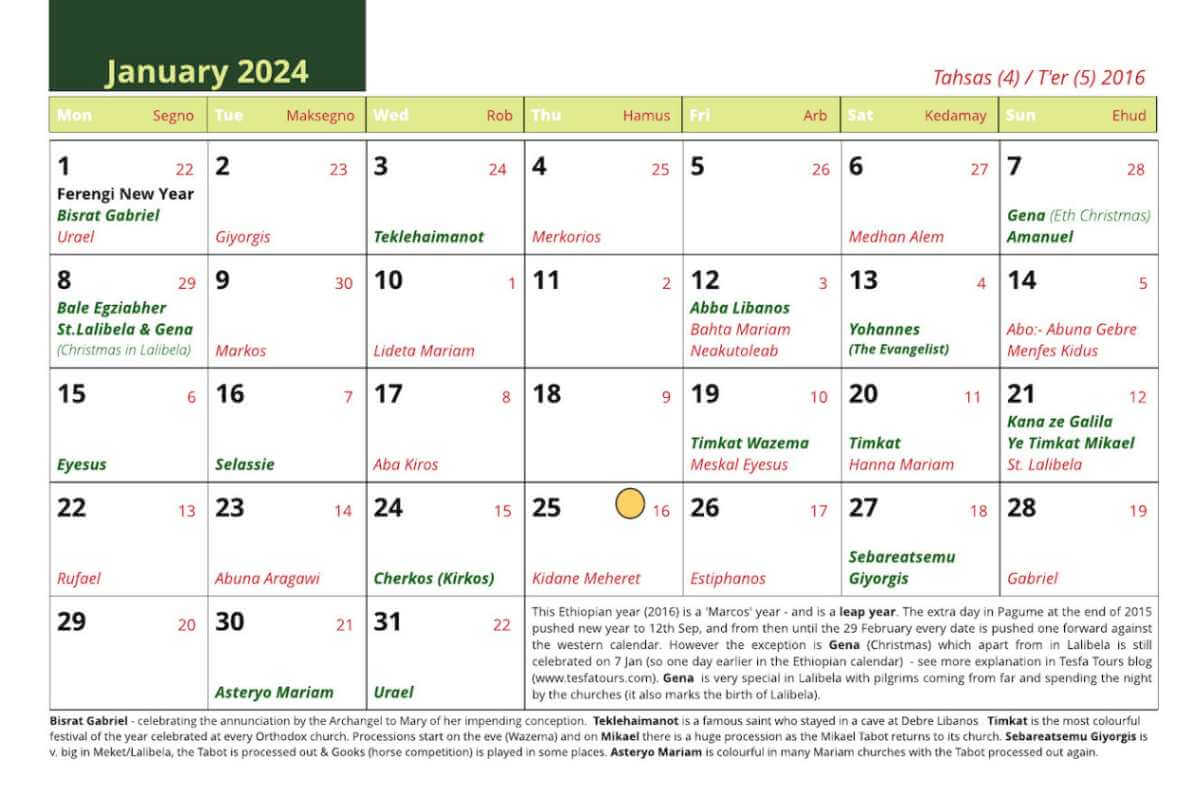January has 31 days. No, wait, is it 30? Okay hold on, how many does February have? This really is frustrating. Especially for someone who didn’t grow up in the Western culture. There are ‘odd’ things that Ethiopia either has or doesn’t have that might shock you at first; but don’t worry, once you read this, your mind will be at ease.
Months
12 months with different number of days in each? Why? Life could be so much simpler than that. The Ethiopian calendar has 13 months in total. How? Well, the first 12 months (Meskerem through Nehase) each have 30 days; and the 13th month, Puagme, has 5 days (6 on a leap year). And better yet, you know what year it is in Ethiopia? We’re still in 2008. I sincerely hope the Mayan calendar wasn’t the same as the Ethiopian calendar (Or 2012 will be very awkward). Anyways, the last month, Puagme is like a teaser since it is right before New Year, the rainy season is about to come to an end, and there is some aggressive shopping going on. In the last few days before the year is over, you can look anywhere and you’ll be met by large markets for sheep, chickens or even oxen and cows; that’s just how it is in Ethiopia.
Time
In Ethiopia, it’s morning when the sun rises; so if you’re counting the time, make sure to start with sun rise (6 am European) as 12 in the morning. It continues that way until sun set (6 pm) which will be 12 at night. To get the hang of this, subtract 6 hours from the European time and you should be fine. (Ethiopia is also GMT+3). So, if you have an appointment with an Ethiopian who told you 10 o’clock, check again because that appointment could very well be at 4 pm.
Family Name
Surprise, we don’t have one. Here is how the naming system in Ethiopia works. Everyone has a given name, which is what you might call a first name. So on a child’s certificate, the given name will be the first name, and the father’s given name will be equivalent to a middle name, while the grandfather’s given name will act as a last (sur) name. If for example you met a person named Belay Abebe Belete, Belay is his first name, Abebe, his father’s first name, and Belete his grandfather’s name. On average, an Ethiopian can recite 6 or 7 generation of names on the father’s side, but only 2 or 3 on the mother’s side.

